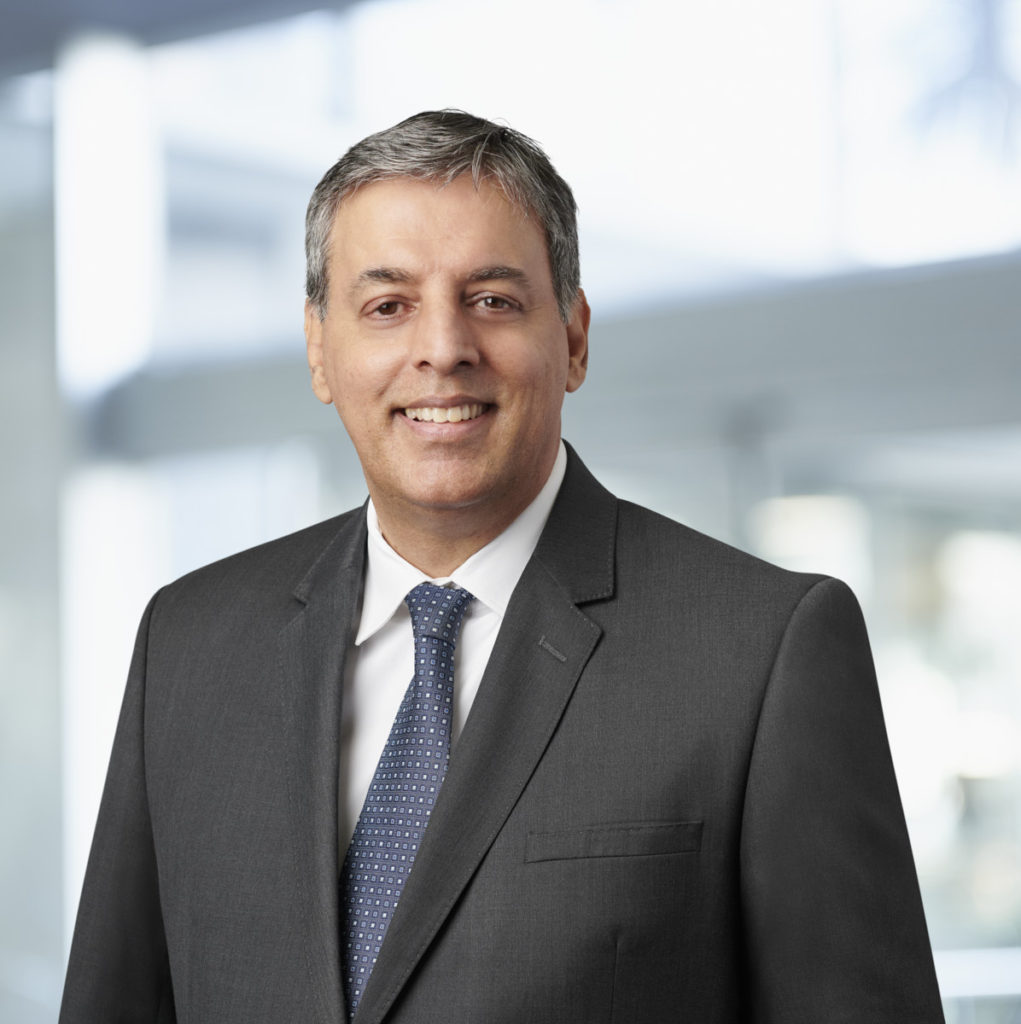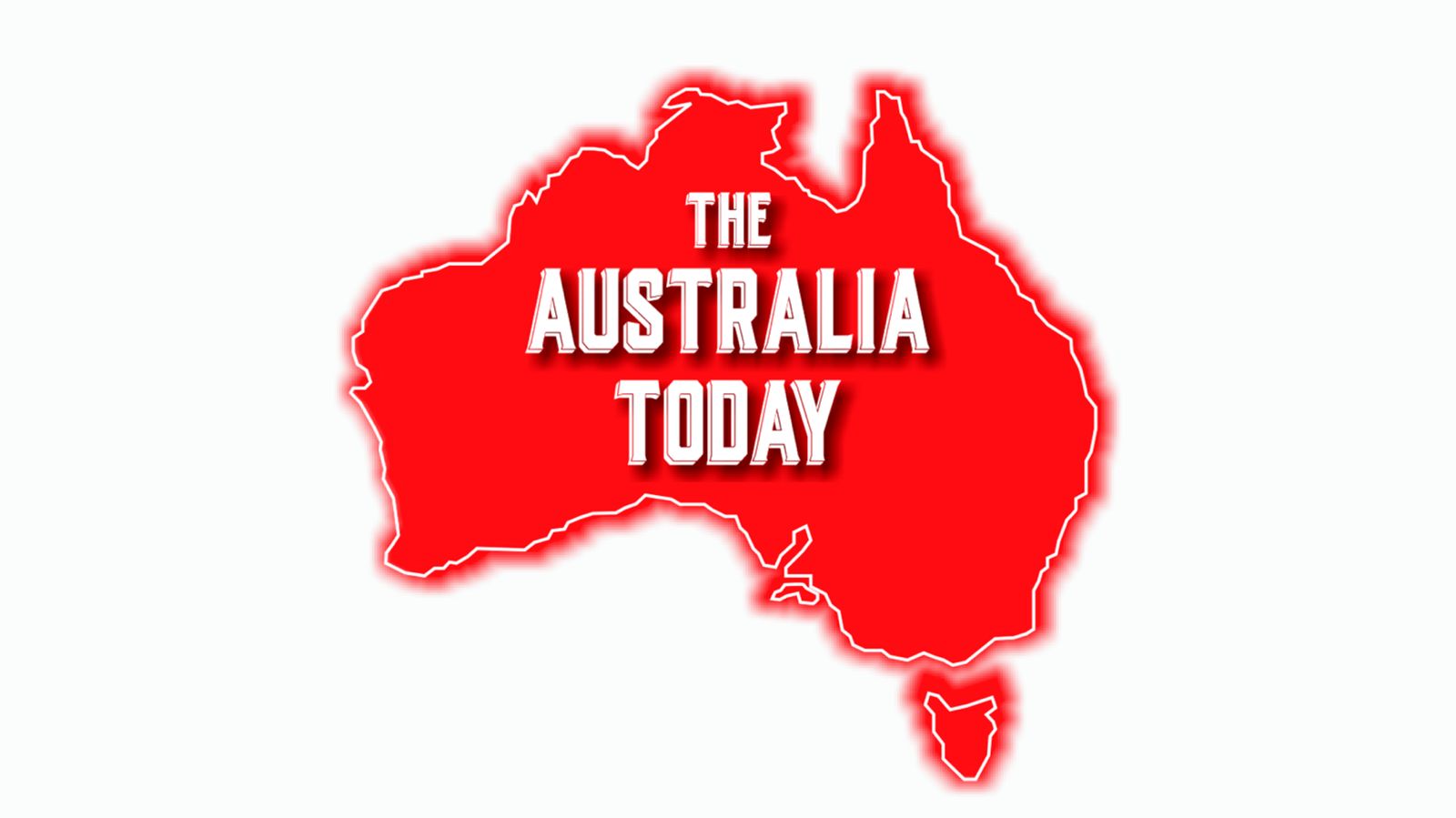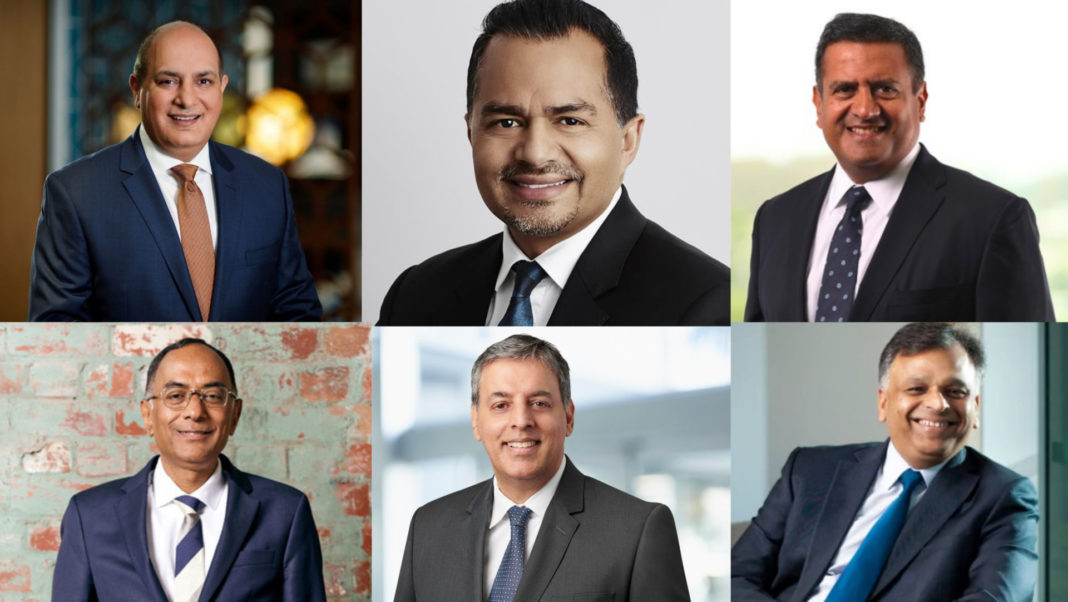The Indian Diaspora is among the fastest-growing ethnic groups in Australia.
In fact, according to the census, 1 in 25 Australians now has Indian heritage.
India is also the largest source of permanent migrants who are largely professionally successful and well respected in Australia.
This is is also reflected in the number of Australia’s CEOs who are joining a growing number of global business leaders of Indian origin.

Former Victorian Premier and the Chair of the Australian Heritage Council Ted Baillieu told BOSS:
“The Indian Diaspora here are well tuned to education and to commerce. You put the two together and inevitably the cream will rise to the top.”
Stockland’s Tarun Gupta, Orica’s Sanjeev Gandhi, Link’s Vivek Bhatia, Pact’s Sanjay Dayal, Newcrest’s Sandeep Biswas, and Cleanaway’s Vik Bansal have done the hard yakka and made it in Australia.
These CEOs are a shining example of Indian migrants’ resilience and adaptability and also the rising influence of India on Australia’s trade policy.
Today, India has been amongst Australia’s top 10 trading partners and things are improving for the good.

Tarun Gupta, Stockland 
Sanjeev Gandhi, Orica
Tarun Gupta, CEO of Stockland, who came to Australia to study in the 1990s says:
“India makes you quite resilient and adaptable.”
He is not surprised to see the rise given the determination and sacrifices most Indian business leaders have faced to reach the top in Australia.
Son of a respected police officer, as a student in Newcastle, Gupta even worked as a kitchen hand and a tandoori chef.
“The manager asked me what I wanted to do and I said, ‘I want to be the CEO,’ and you could see the smile on his face.”

Vivek Bhatia, Link 
Sanjay Dayal, Pact
Link’s Vivek Bhatia also came to Australia in 1999 and did jobs in sales and call centres.
He soon joined KPMG and was then promoted at Wesfarmers and after this became the head of the NSW government’s workers’ compensation insurer icare.
“You know that you have come here to prove a point. You know you have sacrificed, staying away from your family and friends and if you have done that sacrifice, then you might as well make the most of it.”

Sandeep Biswas, Newcrest 
Vik Bansal, Cleanaway
InfraBuild CEO Vik Bansal came to Australia from Delhi in the early 1990s to study electrical engineering.
He sold ads for a local newspaper as a telemarketer and applied for jobs. He was advised that to land a good job in Australia he must shorten his Indian name.
“I met a headhunter who gave me some frank advice to shorten my name to Vik. My first interview, the manager asked me what I wanted to do and I said: ‘I want to be the CEO’ and you could see the smile on his face.”
Son of a lawyer father and teacher mother, Bansal has ” an unparalleled appetite for education” and is “highly competitive.”
However, earlier this year, due to some issues at the company Bansal resigned from Cleanaway.
“I was there almost six years. It was the highest point of my career and to some extent the lowest. It hurts you as a human being, as a parent, as a leader [but] you have to learn and move on. …
My lessons in this area have been in the public domain, which is personally disappointing. But what’s most important is to learn, reflect, grow, stand-up, and move on.”
Orica’s CEO Sanjeev Gandhi spent 26 years with German chemical giant BASF SE. He worked in India, Germany, Japan, Singapore, and Hong Kong.
Pact’s CEO Sanjay Dayal spent a decade at Orica. He was hired to rebuild confidence in the then-ailing packaging group Pact.
Newcrest’s Sandeep Biswas, originally from West Bengal, obtained a degree in chemical engineering degree from Queensland University and soon joined Mt Isa Mines.
The story of an Indian-origin CEO in Australia is definitely inspiring but it is dominated by men. It would be fair if more Indian-origin women were given an equal opportunity on the boards of Australian companies.

